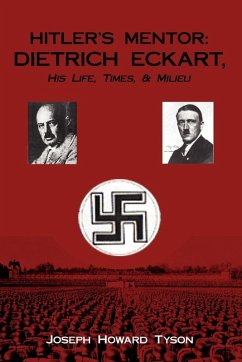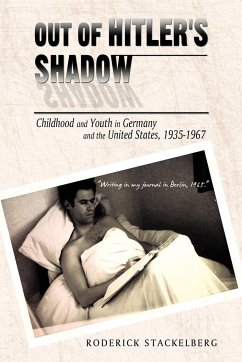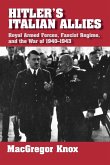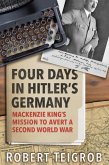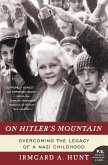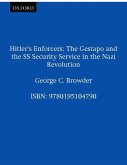Early associates such as Rudolf Hess, Ernst Hanfstaengl, and Hermann Esser all claimed that Hitler revered alcoholic playwright Dietrich Eckart more than any other colleague. Eminent German historians Karl Dietrich Bracher, Werner Maser, Georg Franz-Willig, and Ernst Nolte have confirmed this assessment. Hitler not only dedicated Mein Kampf to Eckart, he hung his portrait in Munich's Brown House, placed a bust of him in the Reich Chancellery next to one of Bismarck, and named Berlin's 1936 Olympic stadium the Dietrich Ekcart Outdoor Theater. Yet British-American scholarship has virtually ignored "Nazism's Spiritual Father." J. H. Tyson weaves Eckart's biography into a colorful account of modern German history.
Hinweis: Dieser Artikel kann nur an eine deutsche Lieferadresse ausgeliefert werden.
Hinweis: Dieser Artikel kann nur an eine deutsche Lieferadresse ausgeliefert werden.

